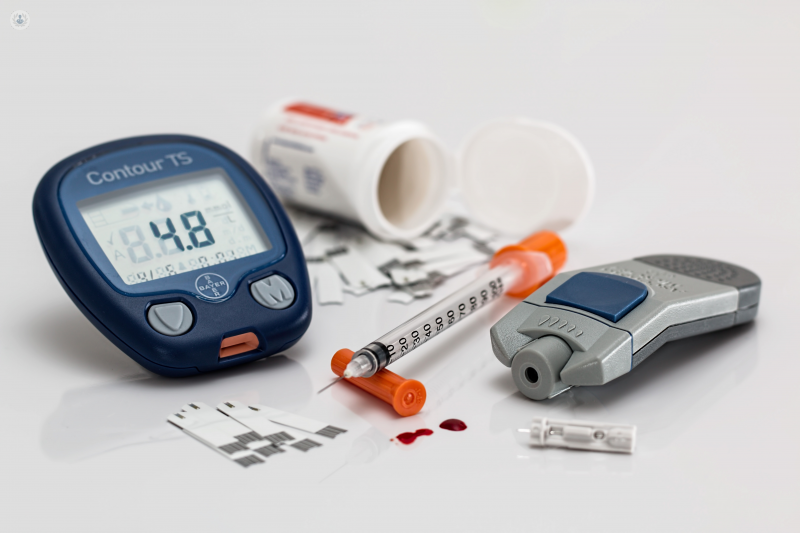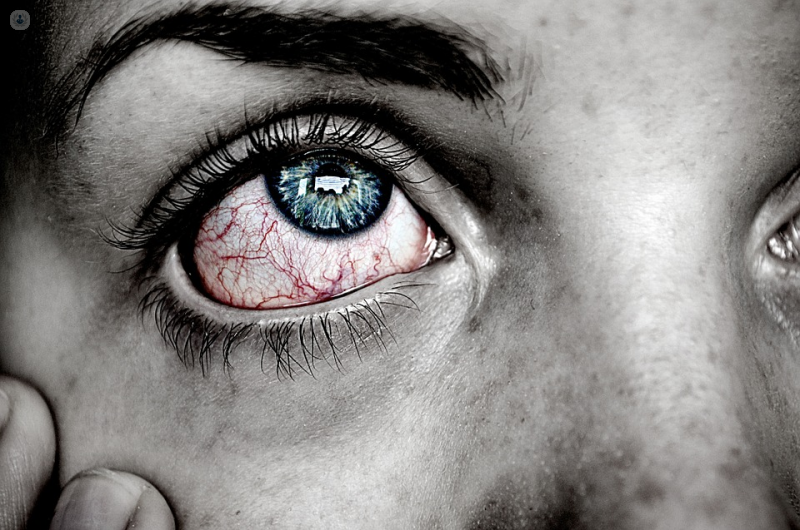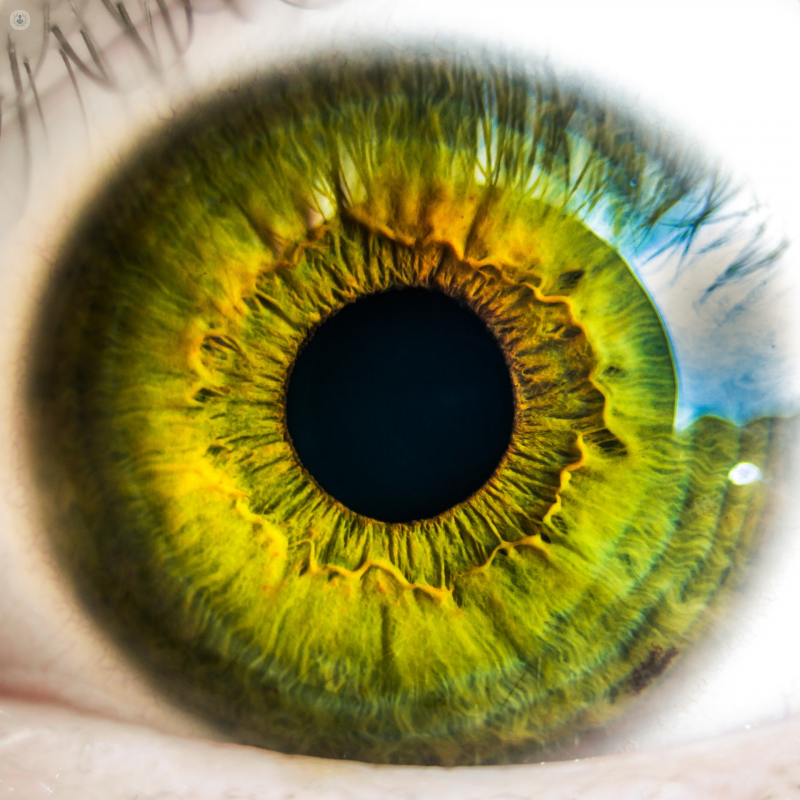Can diabetes make me blind?
Written by:Diabetes. We have all heard of it – out of control blood sugar levels, which can have serious effects on the body, its organs, and even a person’s behaviour. Made manageable by insulin injections, diabetes is a disease on the rise. You probably know at least one person living with it. We are always hearing about which foods we should cut down on to avoid it. But did you know that diabetes can also affect your eyes? Top ophthalmologist Praveen Patel explains:

What is diabetic retinopathy?
Diabetic retinopathy is a condition of the retina caused by diabetes, which can severely affect vision. It is a form of diabetic eye disease which can start without any symptoms but which can worsen to severely affect vision.
The retina is the layer of light-sensitive cells at the back of the eye, which is essential for sight. The light that enters the eye is focussed by the lens onto the retina, which transmits nerve impulses to the brain, which forms the image we see.
The cells of the retina need a constant supply of oxygen and nutrients, provided by a network of blood vessels. When the increased level of blood sugar brought on by diabetes causes these blood vessels to bulge and leak, it damages the retina.
 What does diabetes do to the retina?
What does diabetes do to the retina?
One of the hidden ways in which diabetes affects the blood vessels in the retina is to cause blockage of tiny blood vessels (capillaries), leading to loss of vision due to a lack of oxygen. Over time, diabetic retinopathy can worsen, with a lack of oxygen in the retina leading to the growth of new fragile blood vessels on the surface of the retina, which causes bleeding in the eye and vision loss.
Also, smaller capillaries close to the centre of the retina can become affected by a combination of diabetes, high blood pressure, and high blood cholesterol levels, leading to blood vessel leakage, bleeding or blockage. This is known as diabetic macular oedema and can cause blurred or loss of vision.
Can diabetic retinopathy cause blindness?
Unfortunately, if untreated yes it can. In the early stages, there are usually no symptoms, which means diabetic retinopathy is often only diagnosed once it has progressed enough to affect vision. This is why attending regular diabetic retinal screening assessments can help detect potentially sight-threatening forms of diabetic eye disease early.
When diabetic retinopathy symptoms develop, they can include a gradual or sudden loss of sight, as well as floaters (shapes floating in your field of vision), blurred vision, soreness and redness of the eye. If you experience these symptoms, it is important to get checked for diabetic eye disease, before the loss of vision becomes total or near-total.
Can diabetic retinopathy be cured?
There is no cure for diabetic eye disease, but there are preventative treatments if it is caught early. Intravitreal injections, laser treatment (photocoagulation), and surgery can prevent vision loss if performed early enough, before significant damage has been done to the retina.
Discover 4 more eye conditions you should know about!



